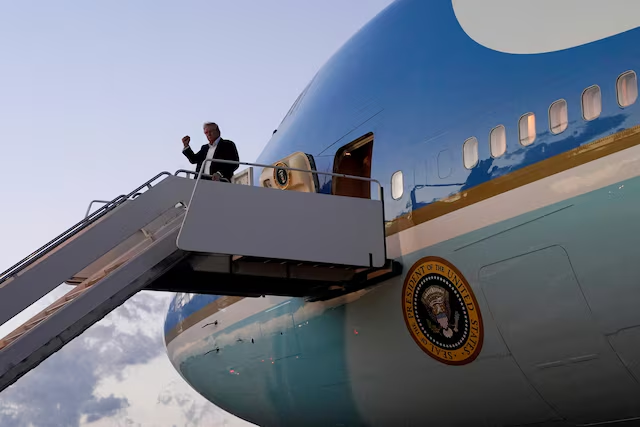Indian Prime Minister Narendra Modi has issued a stark warning following a fragile ceasefire with Pakistan, stating that the recent pause in hostilities should not be mistaken for lasting peace. In remarks made shortly after the U.S.-brokered ceasefire took effect on May 10, Modi clarified that India remains on high alert and will retaliate with full force if provoked again. His comments signal a hardline stance in the wake of one of the most dangerous escalations between the two nuclear-armed neighbors in recent years.
“The fighting has only paused,” Modi said, underscoring that India’s military operations could resume should another terrorist incident occur. He emphasized that any future Indian response would come at a time and place of its choosing. Modi’s rhetoric reflects growing domestic pressure to take a tougher stance against what India describes as cross-border terrorism originating from Pakistan.
The recent conflict was triggered by a deadly terrorist attack on April 22 in the town of Pahalgam, located in Indian-administered Kashmir. The attack, which claimed the lives of 26 people, was swiftly blamed on Pakistan-based militants by Indian authorities. In retaliation, India launched Operation Sindoor, a military campaign aimed at targeting what it described as terrorist training camps and launch pads in Pakistan-administered Kashmir.
According to reports, the Indian military carried out a series of coordinated airstrikes using precision-guided munitions, marking one of the most significant cross-border military actions since the Balakot strikes in 2019. Indian defense officials claimed that their primary objectives had been achieved, which contributed to their decision to agree to the temporary ceasefire negotiated by Washington.
Despite the formal ceasefire, tensions remain dangerously high. Both India and Pakistan have accused each other of violating the agreement within days of its implementation. Local reports suggest continued skirmishes along the Line of Control, including artillery exchanges, drone incursions, and explosions in sensitive areas of Kashmir. Residents in several border villages have been evacuated as a precautionary measure.
In a move seen as a major diplomatic and environmental turning point, Modi also announced India’s suspension of the Indus Waters Treaty, a long-standing water-sharing agreement brokered by the World Bank in 1960. The decision is widely regarded as a signal of India’s readiness to use all available levers to exert pressure on Islamabad. Critics have warned that scrapping or suspending the treaty could have devastating consequences for regional water security, particularly for Pakistani agriculture.
The international community has responded with growing concern. The United States, which played a key role in brokering the current ceasefire, has called for both sides to de-escalate tensions and return to dialogue. The United Nations has also issued statements urging restraint and warning that any renewed conflict could have catastrophic implications, not only for South Asia but for global stability.
Diplomatic backchannels between India and Pakistan reportedly remain open, but there has been little public indication of progress. Pakistan, for its part, has denied any involvement in the Pahalgam attack and has condemned the Indian airstrikes as violations of its sovereignty. Islamabad has also called for international investigations into the civilian impact of Operation Sindoor.
As the situation unfolds, the region remains on edge. With both nations armed with nuclear capabilities and deeply entrenched in a decades-long rivalry over Kashmir, the risk of renewed hostilities looms large. Modi’s assertion that the ceasefire is merely a “pause” reflects not only the fragility of the current truce but also the possibility of further escalation unless meaningful diplomatic progress is achieved.
For now, the ceasefire holds, but with inflammatory rhetoric, mutual distrust, and unresolved grievances dominating the narrative, peace between India and Pakistan remains as elusive as ever.
Source; Al Jazeera



